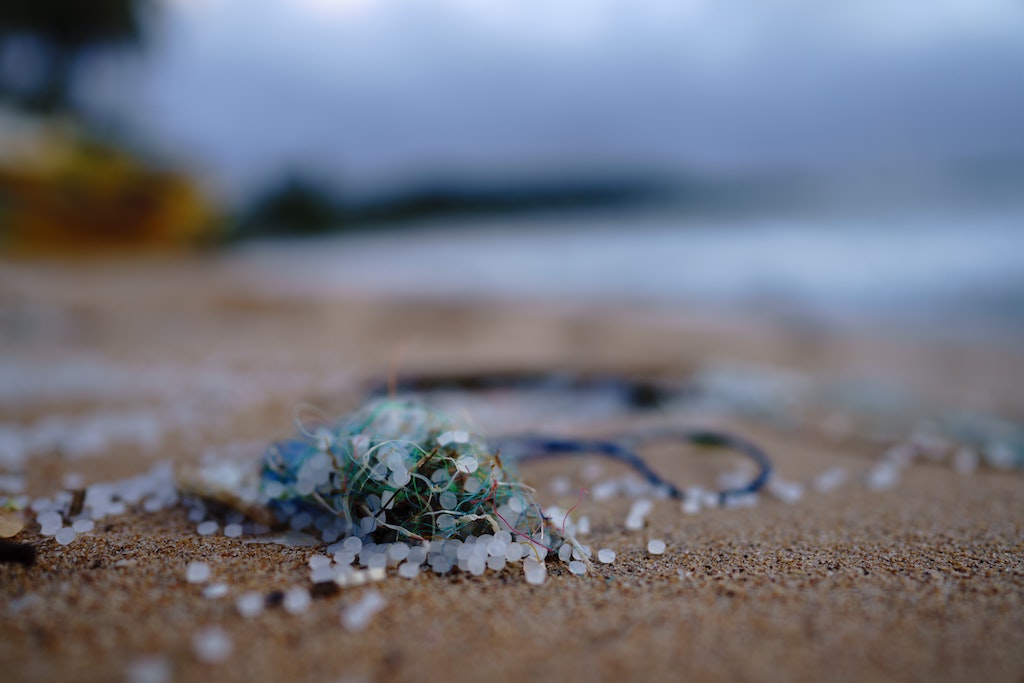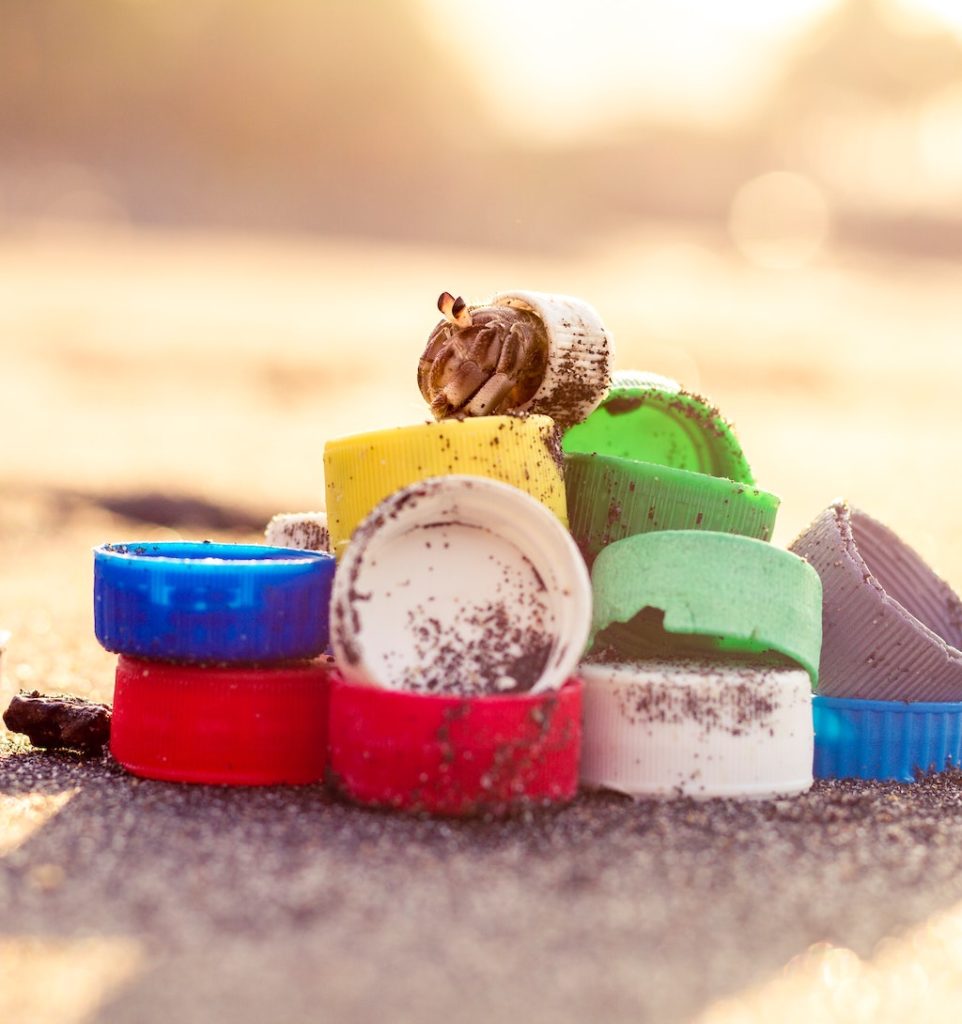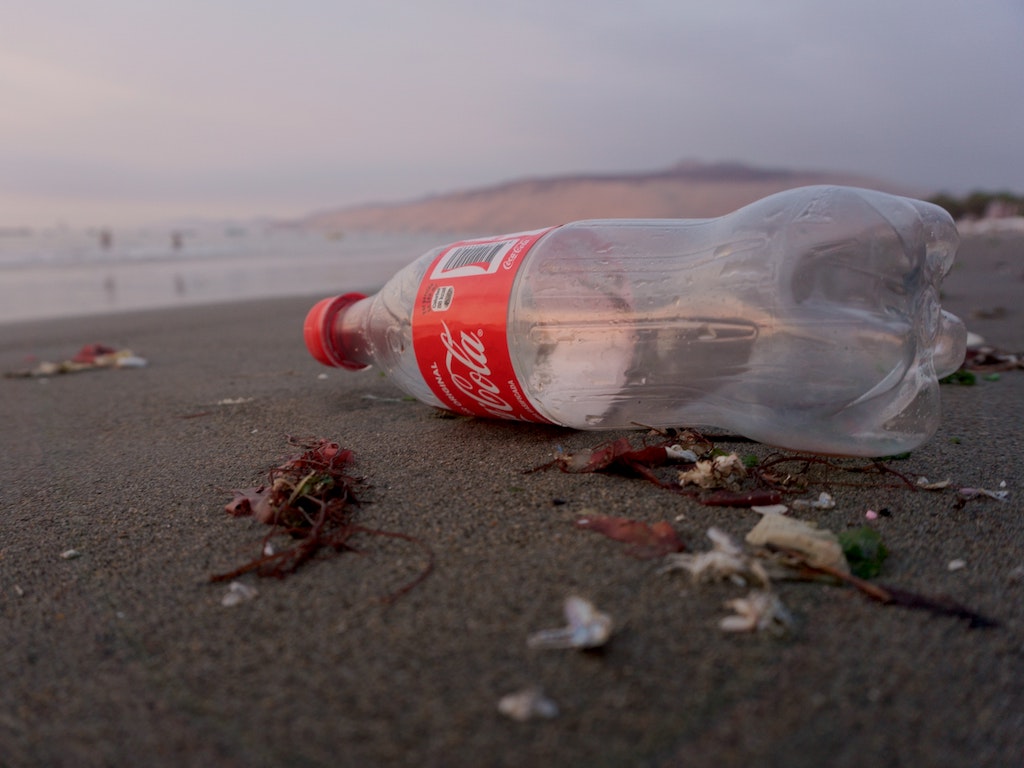4 Mins Read
New research on plastic pollution from Minderoo Foundation shows the potential for harmful impacts could lead to a number of liability claims against the petrochemical industry.
“Just as oil and gas companies are now starting to be held legally and financially accountable for the climate change impact of their products, and chemicals companies for damaging the environment and human health (e.g. PFAS, glyphosate), a new wave of litigation is expected to emerge around plastics,” the organization said in a statement.
Tiny plastic’s big price tag
Minderoo Foundation worked with legal firm Clyde & Co and liability risk consultancy Praedicat to determine the likelihood. The organization found that the widespread nature of plastic pollution, which was recently discovered in human blood for the first time, poses equal threats to human health and the planet. It says the costs of dealing with plastic pollution’s impact exceeds $100 billion per year.
The group says legal action is expected to localize in the U.S., with litigation costs potentially exceeding $20 billion by 2030, with claims beyond that at “an order of magnitude larger.”
Plastics and chemical additives are most likely to draw litigation, as well as polymer producers whose products contribute to the microplastic problem.

“Corporations have polluted this world with billions of tonnes of plastic products, and continue to do so despite knowing that many contain toxic chemicals that arrest cognitive development, reduce reproductive viability and increase cardiovascular disease and obesity,” Dr Andrew Forrest AO, Chairman of Minderoo Foundation, said in a statement.
“Our research accelerates the growing list of health risks. It is only a matter of time before the courts, regulators, and lawmakers determine who will pay the cost of poisoning our planet and people,” Forrest said.
“For plastics producers, and above all their shareholders and insurers, now is the time to be asking yourself hard questions. What liabilities have your historical emissions left you exposed to? Are you doing enough to eliminate them in the future? What will your personal liability be for only looking at your profit and loss statement?
“The question is no longer are you a good plastics industry director? It is, what are you doing to help society reduce then eliminate the burden of ubiquitous and toxic plastic pollution, while you profit from its harm?”
Plastic treaty
Last March, during the biennial U.N. Environment Assembly in Nairobi, world leaders agreed to a resolution that would create a treaty expected to produce terms on plastic waste by the end of 2024. The resolution was hailed as “historic.”
“This is the most significant environmental multilateral deal since the Paris accord,” said Inger Andersen, executive director of UN Environment Program. “It is an insurance policy for this generation and future ones, so they may live with plastic and not be doomed by it.”
Following that announcement, legal experts said the measure would likely lead to lawsuits against leading plastic producers.
“An imminent case in the Philippines could set an important precedent,” reports The Guardian. “Last year, a coalition of individuals and environmental groups led by the marine conservation group Oceana Philippines filed a petition accusing the Philippine government of failing to tackle the ‘unabated production, use and disposal of plastic’ over the past two decades.”
The group behind the lawsuit says a list of products considered not environmentally friendly is not being enforced by the government despite laws in place for more than two decades.

The group claims that it’s resulted in “the unabated emission of millions of tons of plastic waste into every nook and cranny of the Philippine archipelago”.
In the U.S., the nonprofit environmental group Earth Island Institute has filed three separate lawsuits against plastic producers. In 2020, it filed a suit against plastic bottle producers PepsiCo, Nestlé, and Coca-Cola; the latter makes up the lion’s share of plastic bottle waste globally. Earth Island filed a separate suit against Coca-Coal in 2021, as well as one against BlueTriton Brands, formerly Nestlé Waters North America.
Earth Island claims the companies have misrepresented their environmental efforts, claiming to be environmentally friendly even despite the significant amount of plastic waste related to the brands.
Environmental law charity ClientEarth says it’s focusing on plastic producers as well as industry-wide greenwashing. One of its recent efforts involved a leading grocery retail group, Ahold Delhaize, which allegedly failed to disclose key details about its plastic use.
“Communities and states affected by plastics are going to be learning from the lessons of climate litigation and looking at the industries and actors that are playing a role in that crisis,” Rosa Pritchard, a plastics lawyer at ClientEarth, said in a statement. “A lot of different people are affected in very different ways, and that means that the potential avenues for litigation are actually very substantial and very diverse.”
Photo by Jisu Han on Unsplash



